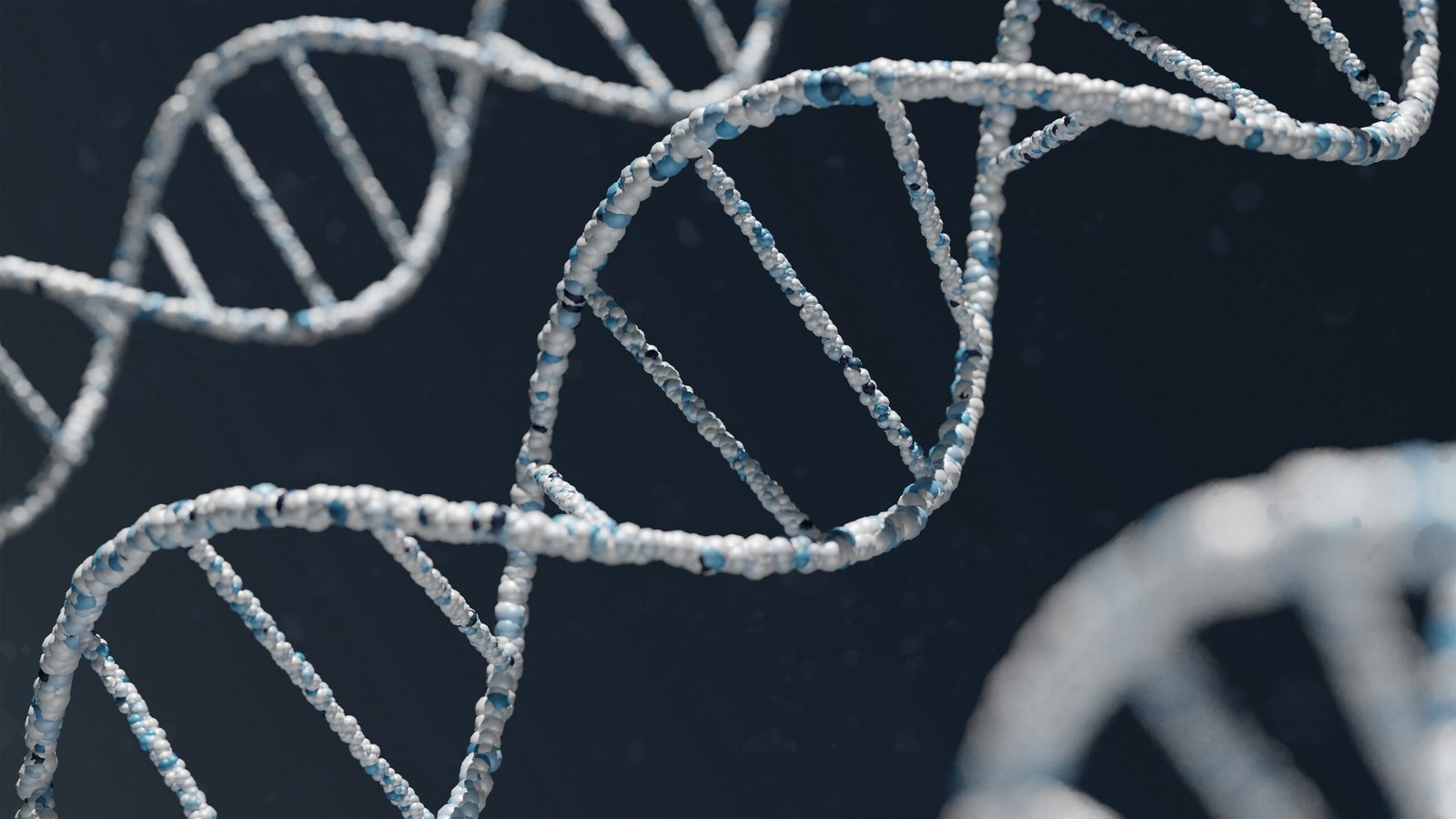
Madrid, September 12, 2021. | XXIV Sunday in Ordinary Time
Book of Isaiah 50: 5-9a; Letter of James 2: 14-18; Saint Mark 8: 27-35.
Getting to know a person, be it myself or someone else, is not an easy task. The Chinese philosopher Lao Tzu (5th-century BC) put it this way: Knowing others is intelligence; knowing yourself is true wisdom.
If we look closely, in today’s Gospel text, Jesus invites us to reflect on both questions. To know Him genuinely and with that premise, to truly know myself.
Indeed, knowing a person can have three levels. On the first, we distinguish certain traits such as openness, intelligence, or affectivity. On a second level, we can get to know his or her concerns, that is to say, what somehow moves the person: the dreams, the projects or the fears he or she has.
But getting to know a person in depth means getting to that center around which all of the above revolves, sometimes unconsciously, almost always with many obstacles. But that “sun”, like the center of a planetary system, is what allows us to understand a human being. Of course, neither the most experienced psychologist, nor those who truly love a human being, are able to fully unveil that center, at the bottom of which lies our filial nature. This explains Jesus’ answer to St. Peter when he replies: You are the Messiah. In the text of St. Matthew, we have the exact phrase: Blessed are you, Simon son of Jonah, for this was not revealed to you by flesh and blood, but by my Father in heaven. Yes, Peter was open to divine revelation.
For a Christian, to really know a person means to accept in his heart that, invariably, without exception, that person is his brother or sister. This changes everything. There is a well-known story from Hebrew wisdom to illustrate this.
A rabbi addressed his students with the question, When can you tell the night has ended and the day has begun? One of the rabbi’s students offered the reply: When you can see a tree in the distance and tell if it is an apple tree or a pear tree. The rabbi answered, No. Another student responded: When you can see an animal in the distance and can tell if it is a sheep or a dog. Again, the rabbi said, No.
Well, his students protested, When can you tell the night has ended and the day has begun? And the rabbi responded, When you can look on the face of any man or woman and see that he is your brother, that she is your sister. Because if you cannot, no matter what time of the day it is, it is still night!
In our knowledge of ourselves and of the divine persons there is a maximum level (since that knowledge implies union with them) that is reflected in the Beatific Supplication. Indeed, its first dimension, Beatitude (Beatific state) is a form of joy that we cannot experience individually, by ourselves, only when we verify and feel the divine presence in the most difficult moments, modifying within myself the way of living virtue and making more and more explicit my true Aspiration. the other side of the coin is Affliction which manifests itself as my true and deepest concern, that bittersweet pain that we compared at the beginning to a “sun” that illuminates and directs all my thoughts, desires and actions. It is the ground where the Beatitudes and my progressive identification with the life of divine persons, despite my littleness, are manifested.
It is just like this. Authentic knowledge of who we are goes hand in hand with knowledge of God. The truth is that if we do not know the Father, we also do not know our identity as His children. See what love the Father has given us, that we should be called children of God; and that is what we are. The reason the world does not know us is that it did not know him (1Jn 3: 1).
Moreover, denying or ignoring in my heart the divinity of Christ would mean that we do not know the Father. He said to Philip, Do you not believe that I am in the Father and the Father is in me? The words that I say to you I do not speak on my own; but the Father who dwells in me does his works. Believe me that I am in the Father and the Father is in me; but if you do not, then believe me because of the works themselves (Jn14: 20ff).
If each one of us looks at our own vocation to follow God (and we all have it in one way or another) we realize that there is always something we do not fully understand. Sometimes it is some part of the divine plans that horrifies us, as happened to Peter in today’s story. At other times, it is our lack of kindness and sensitivity, not listening to the divine voice as it should be, which is what last Sunday’s Gospel told us about. This lack of vision can happen in many ways, but it is always used positively in the purification that the Holy Spirit performs in us.
In any case, in our incomplete knowledge of Jesus, we say to ourselves the same thing that the apostles said before: From whom else can we hear words of eternal life?
That was the experience of a holy bishop at the time of the great persecutions. On the Way to Rome, where he was thrown into the arena and would shed his blood to bear witness to his faith, Ignatius of Antioch, in A.D. 110, wrote to the Christians in the capital of the empire, Now I begin to be a disciple. He devoted many years of his life animating, as a bishop, the churches of Syria, and yet, only at that time, along the road that led him to martyrdom, he began to feel himself a disciple. He was sure not to be mistaken: he was going with the Master, towards Easter.
In fact, today’s Second Reading clarifies and specifies for us what it means to follow Christ, according to what He Himself teaches: Whoever wishes to come after me must deny himself, take up his cross, and follow me. What James tells us is that faith in Jesus is demonstrated by works. But those “works” are not simply activities, not even pious acts. They are what every work of mercy entails: dedicating one’s life to others and at the same time giving it away. Losing it, is the term Jesus uses today.
We can say, with certainty, that the origin of this mercy or compassion is the compassion I have received from God. This is the Beatitude we mentioned before. It is not limited only to the impression that God erases my faults, but that he truly makes me his son and, as St. Paul says, therefore heir.
The first disciples saw in the character of the Servant of the Lord in the First Reading, the image of their Master, Jesus of Nazareth, rejected by his contemporaries, opposed and defeated by the religious and political leaders of his time, but recognized and confirmed by God, through the resurrection, as the real winner, the true heir of the kingdom of God, of that state of grace where one can give one’s life at every moment. The cross is the sign of God’s love and the ultimate gift of self. To carry it behind Jesus means to join him in making oneself available to others, even to martyrdom.
Compassion is something other than pity. The Gospels tells us many times that Jesus had compassion on them for they were like sheep without a shepherd. Pity keeps a safe distance, it risks nothing, and at worse can be condescending. I can give money to someone on the street but never look that person in the eye, talk to him, or even ask him his name. My money or my frantic activity replace my personal attention and gives me an excuse to carry on with my usual business. Gospel compassion demands that I give my life and that means my time, my plans, my projects and my preferences. Among other things.
Compassion means to come close to the one who suffers. But we can come close to another person only when we are willing to become vulnerable ourselves. A compassionate person says: I am your brother; I am your sister; I am human, fragile, and mortal, just like you. I am not scandalized by your tears, nor afraid of your pain. I too have wept. I too have felt pain. We can only be with our neighbor only when the he ceases to be “other” and becomes my brother.
To follow Christ means to embrace the cross of my weaknesses and also a complete, sincere way of giving one’s life, so that the smallest act of infidelity, whether of thought, action or omission, constitutes a message that we send to God and to our neighbor whose content is: I believe in Christ, I admire him, I am interested in his life, sometimes I find him useful as a model and inspiration, but he is NOT the center of my existence.
To admire Him, to talk about Him, is not to be his disciple.
In the end, the true proof that we believe that Jesus is the Messiah, the Son of the living God, is not a mere profession, but living at every moment, in public or in secret, the life of Christ in us. When I live in Jesus and He lives in me, I live the life of the Spirit.
For all who are led by the Spirit of God are children of God. Jesus is the One who reveals to us our identity as sons and daughters of the Father. Not only did He reveal to us our identity, He made it possible for us to share in the life of the Father. When we cry, “Abba! Father!” it is that very Spirit bearing witness with our spirit that we are children of God, and if children, then heirs, heirs of God and joint heirs with Christ – if, in fact, we suffer with him so that we may also be glorified with him (Rom 8: 15-17).
In the Final Judgment, everyone who has not been united to Christ, embracing the Cross, will be invited to register their failure, to verify that they have wasted a unique opportunity that was offered. We were created to live for Him, to follow Him, to bring others to Him. Our lives are not our own.
Today may be a good day to spend a few moments asking God to show me the ways in which I need to change my mind so that I can make room for his way of thinking. God chose Israel among all other nations, not because she had asserted herself for her power, but because she was the most insignificant (Deut 7:7). Jesus does not want to lead me to death, but to true life. However, to reach it, it is necessary that I pass through many forms of death.
by Luis CASASUS, General Superior of the men’s branch of the Idente Missionaries.









